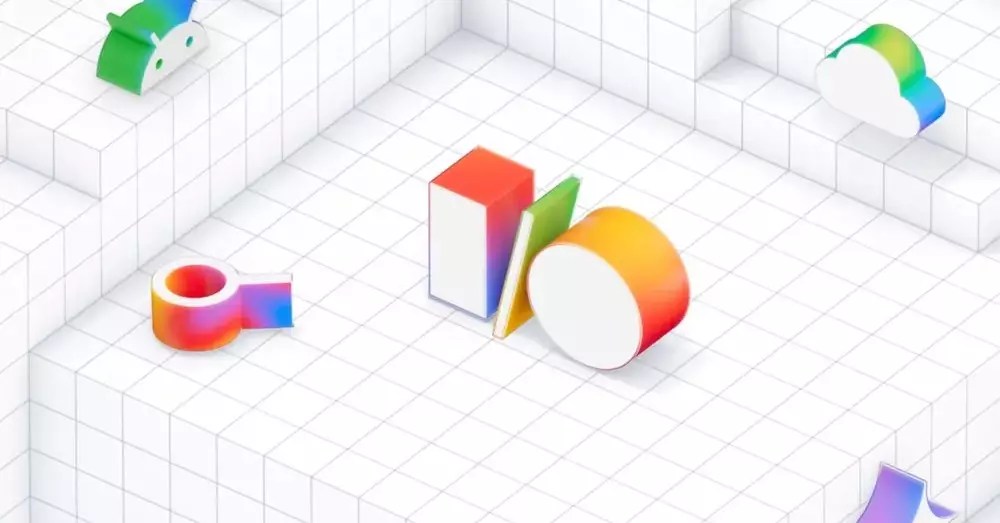As we gear up for Google’s annual I/O developer conference, the air is electric with anticipation, not just among tech enthusiasts, but also within the industry itself. The opening keynote, scheduled for May 20th at 10 AM PT, promises a deep dive into the realms of AI and XR (Extended Reality). For the first time in years, however, the buzz surrounding Android OS announcements is muted. Google has pulled back its curtain ahead of schedule, leaving its flagship operating system updates largely unaddressed during the keynote.
This strategic choice has effectively positioned AI at the forefront of the event. This year, all eyes are set on how Google plans to shape the future with AI technologies like Gemini, evolving rapidly amid fierce competition from industry titans such as Microsoft and OpenAI. By focusing on AI, Google signals a bold commitment to reimagining user interaction with technology, and it raises important questions about the implications of such advancements.
The AI Arms Race: Google’s Position
The AI landscape is in a state of fevered innovation, with Google finding itself embroiled in an arms race that extends beyond its tech rivals. With competitors continually unveiling new features and functionalities, Google has made it clear it intends to leverage I/O as a platform to showcase the latest in its AI capabilities. Last year’s unveiling of Gemini set a high bar, and this year’s conference is expected to unveil robust features and enhancements, particularly tailored for mobile devices.
Moreover, the tight scheduling of I/O following Microsoft’s Build developer event sets the stage for a compelling back-to-back examination of priorities between two technology giants. This could further spur healthy competition that ultimately benefits consumers through rapid advancements and innovation.
Extended Reality: The Next Frontier
While AI may take center stage during the keynote, there’s an undercurrent of excitement surrounding Google’s XR initiatives. The company has hinted at promising updates regarding its extended reality OS, which seeks to define how we experience both augmented and virtual environments. Though discussions about Android XR didn’t receive extensive attention during recent announcements, the inclusion of new features and projects—such as Google’s prototype smart glasses—is sure to generate buzz.
The competition is stiff, especially with Samsung’s unveiling of Project Moohan, anticipated to launch later this year. This context creates urgency for Google to seize the moment and present a compelling narrative around its XR capabilities. There’s a palpable sense that the I/O event will act as a watershed moment for Google, redefining its role in a rapidly evolving tech landscape that encompasses both AI and XR.
The Evolution of Product Strategy
Interestingly, Google seems to be reshaping its product strategy, distancing itself from the traditional fixation on hardware reveals such as Pixel phones and Nest tech. This shift may reflect a purposeful transition towards a software-centric ecosystem that prioritizes holistic user experiences over specific device showcases. Nevertheless, it provokes speculation about whether the company might preserve some post-keynote surprises regarding hardware.
The absence of new Pixel or Nest product announcements during the initial buildup signals a potential ideological evolution for Google’s public relations narrative. By focusing on AI and XR, Google is not just addressing current trends; it’s laying the groundwork for a comprehensive vision of the future where software functions are seamlessly integrated into the user’s daily life.
Looking Ahead: More Than Just a Conference
Google I/O is no longer simply a conference—it’s a launchpad for the future of technology. By putting AI and XR front and center, Google is shaping not only its own trajectory but potentially the entire technology landscape. This year’s keynote is not merely informational; it carries the weight of expectation and influence, with audiences waiting eagerly to embrace the results of Google’s ambitious undertakings.
As the countdown continues, tech aficionados, developers, and industry stakeholders alike find themselves perched on the precipice of a giant leap into the future. Will Google’s vision for AI and XR catalyze a transformative era in technology and user experience? Only time, and the keynote itself, will tell—but the potential is undeniably electric.


Leave a Reply